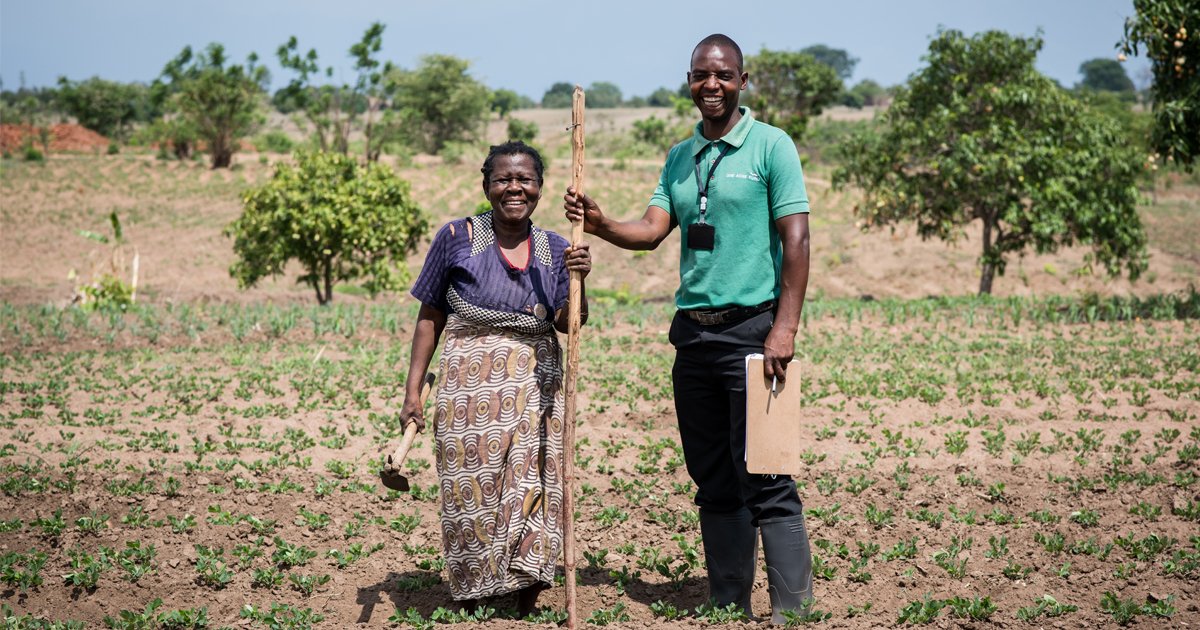- About
- Topics
- Picks
- Audio
- Story
- In-Depth
- Opinion
- News
- Donate
- Signup for our newsletterOur Editors' Best Picks.Send
Read, Debate: Engage.
Picture this: There are approximately 200 diseases caused by contaminated foods or water, ranging from cancers to diarrhoea, which are responsible for claiming the lives of an estimated 420,000 people each year. Meanwhile, annually, 600 million people - about one in every ten - get sick as a result of consuming unsafe food. In low and middle-income countries, $110 billion are lost per year in medical expenses and productivity due to the consumption of unsafe foods.
Global dynamics continue to alter food systems and ultimately food standards. Rapid urbanisation and changing consumer preferences have led to a proliferation of public eateries with major health concerns. On the other hand, globalisation has led to changing consumption trends that have increased consumers’ appetite for an array of foods. This dynamism has led to a complex global food chain with numerous actors.
Yet with each passing day, global happenings continue to redefine how and where we access food and how safe the food we consume is. Climate change is shaping the food we eat and its safety.
As the world increasingly becomes one global village, local incidents have the potential to escalate into global emergencies owing to shared distribution channels, which can have devastating effects on the health and economies of nations.
Yet agrifood systems should ideally be there to benefit people and the planet.
As the world marks Food Safety Day this week, with the theme ‘Food Standards Save Lives’ governments should set the standard in making food safety a public health priority by implementing policies and legislations that guide the entire food chain.
The world will not achieve food and nutrition security without food safety, and in living true to the philosophy of the Food Safety Day, we must inspire action to help prevent, detect and manage foodborne risks contributing to food security, human health, economic prosperity, agriculture, market access, tourism and sustainable development.
Governments, private-sector players, media, civil society, scientists, food producers and consumers must take individual and collective responsibility to champion the food safety agenda and reduce the burden of food-borne diseases globally.
Image by Nikhita Singhal

